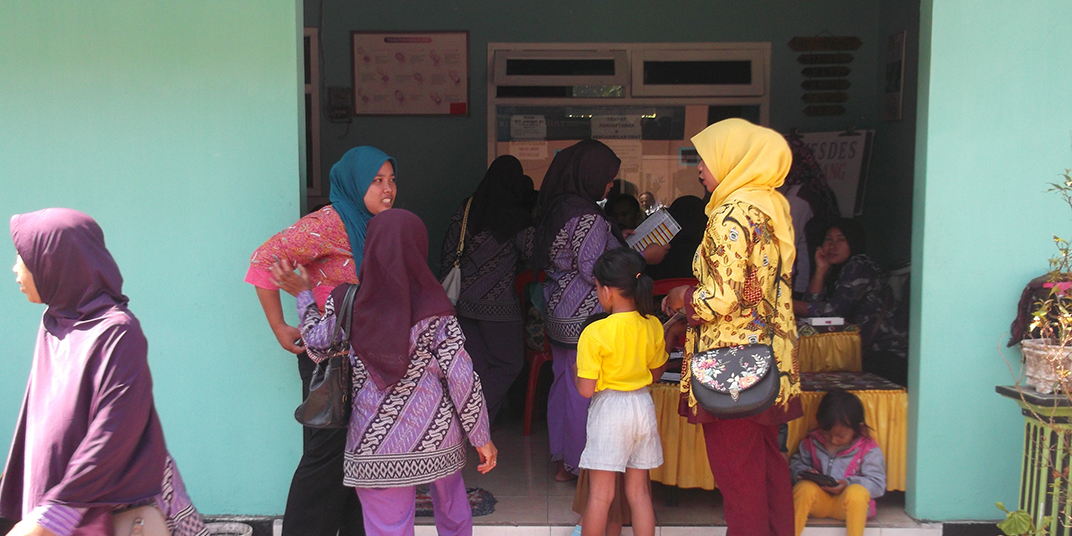
Scale-up of a primary care intervention for cardiovascular risk management in Indonesia
Background:
- The SMARThealth program has been shown to be effective in improving the use of cardiovascular disease (CVD) preventive drugs, and in lowering blood pressure levels among people at high CVD risk in pilot studies.
- The Malang District Health Authority has committed to fund the implementation of this program across 100 villages to provide proof-ofconcept for sustainable scale-up, in partnership with a consortium of researchers.
Aims:
- To facilitate the process of SMARThealth scale-up in Malang District, East Java, Indonesia.
- To evaluate the effectiveness and costs of scale-up in the local context.
- To evaluate the scale-up process and thereby contribute to knowledge around expanding similar innovations globally.
Methods:
- Phase I will comprise a nine- to 12-month development period using implementation science methods to institutionalise critical components of the intervention.
- Phase II will involve a six-month test of scale-up in 20 villages to allow rapid end-user driven innovation and adaptation.
- Phase III will be a 24-month implementation phase among more than 250,000 people in 100 villages.
- Phase IV will comprise a six-month evaluation period to describe the process and effectiveness of scale-up.
Impact:
- Many innovations to improve healthcare are successful in pilot studies but most completely fail to be scaled in a sustainable manner. This “scale-up” study will provide definitive evidence to support long-term government investment into much wider implementation of SMARThealth regionally, nationally and, potentially, internationally.
- The study will also contribute to knowledge and skills regarding the ‘science of scale-up’.


